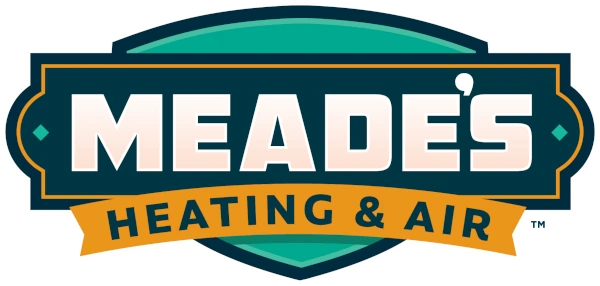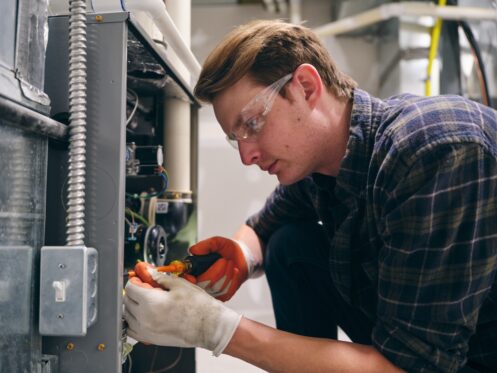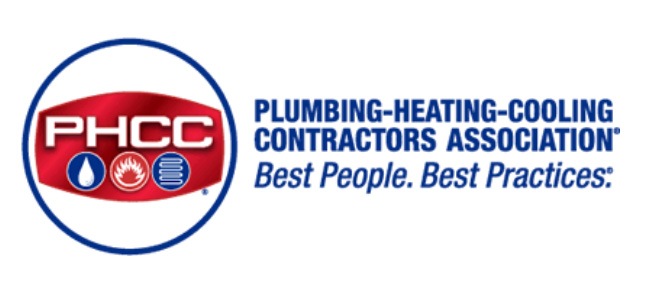There are several ways to heat your home. What are the differences between a heat pump and a furnace? Which one is best for your situation? In this short guide, we will explore the main differences between the two heating systems and their pros and cons. Some things we will look at include how they work, energy efficiency, size and space requirements, and maintenance needs.
How a Furnace Works
There are several types of furnaces: gas, electric, and oil. Regardless of which fuel source a furnace has, it uses a burner and heat exchanger to heat your residence. Once the burner is hot, the hot air transfers to the heat exchanger. A big fan is then used to blow the hot air into your ducts, which distribute it around your home’s interior. Furnaces work well in colder climates since they create their own heat.
How a Heat Pump Works
A heat pump uses air from outside or underground and moves it into your home to heat it. In the summertime it essentially does the same thing in reverse. It’s both a heating and cooling system. In the colder months, it collects heat from outdoors and uses refrigerant to transfer it inside. The refrigerant heats the coil or heat exchanger, and then your ductwork disperses the heat throughout your house. In the warmer months, it does the opposite. It removes the hot air from inside, leaving cooler air behind.
Differences Between Heat Pumps and Furnaces
Even though these two systems work similarly and for the same purpose, there are some key differences between them.
Efficiency
Both systems can be energy-efficient, but depending on local weather conditions, one may be better than the other. Furnaces tend to be more efficient in colder and harsher climates, although heat pumps can still work well in the Virginia winter. The fuel that is most efficient for a furnace is usually either natural gas or electricity. Heat pumps use only a small amount of electricity, so they’re super energy-efficient until the temperature falls below freezing. Once the temperature drops this low, a heat pump must work harder to get heat into your home. This makes a furnace more efficient for freezing temperatures.
We can also install a two-stage furnace, which helps make your furnace more efficient. These more modern furnaces have two levels of heat output, one for milder temperatures and one for more extreme cold temperatures. Most of the time you only require the lower setting, which runs on less energy and is more efficient. It operates at a lower speed, which helps the filters collect more contaminants, making your air cleaner. It also runs quieter than a standard furnace, and there aren’t any sudden blasts of air or noises when it turns on. Overall, it helps regulate temperatures inside your home better than a standard furnace.
Durability
Generally, furnaces can last longer than heat pumps when properly maintained. On average, furnaces last for 20 years while heat pumps last for around 15 years. Heat pumps are more complicated systems, making it more likely something could go wrong. Regardless of which system you have, it is good to schedule routine maintenance to make sure it lasts for as long as possible.
Maintenance
One of the most crucial ways to ensure that everything is functioning properly and prolong the life of your system is through routine maintenance for your heat pump or furnace. During maintenance, our professional HVAC technicians will come and do a thorough inspection of your system. We can diagnose and fix any problem you may have, whether you have a furnace or heat pump.
Furnaces usually have less to maintain. Most of the time a furnace only requires changing filters, vacuuming the inside, and cleaning the flame sensor. Our technicians also go beyond these basics and make sure every component in your furnace is working correctly and do calibration checks for the control system as well.
Heat pumps are more complex, so they require more maintenance. It is good to keep the outside unit clear of ice and snow as well as leaves and other debris. You should change air filters once a month, and clean coils when they are dirty.
Size and Space Requirements
Usually, you install furnaces inside, typically in your basement or some out-of-the-way location. They do, however, take up more inside space, at least 30 inches on all sides. You install heat pumps on the outside of your home, although if you have an air-to-air heat pump you will also need to install an inside fan coil. They only take up around 24 inches of clearance on all sides.
Cost
The overall cost depends on the type of furnace or heat pump you purchase. An air-to-air heat pump is generally less expensive to install compared to any other system, however, they don’t do as well in below-freezing temperatures. Geothermal heat pumps that collect heat from underground sources are more expensive to install, but they can function better in colder temperatures.
Gas furnaces cost more to install since they require gas lines and ventilation systems, but they don’t cost as much as heat pumps. Gas is usually less expensive than electricity, so the costs of running it may be lower.
Your Trusted HVAC Company in Northern Virginia
At Meade’s Heating and Air we offer a full range of HVAC services for our customers in Sterling and the surrounding areas. Besides fulfilling all your heating and cooling needs, we also provide services for water heaters, indoor air quality, and gas lines. Having a properly working furnace is only a part of making your home comfortable and safe for you and your family. In the winter, furnaces sometimes produce dry, dusty air, so you may need a humidifier. You also may need a dehumidifier in the summer to help suck the humidity out of your indoor air, making it easier to breathe.
We also offer whole-home air filtration, UV sanitation, and air filters to help you breathe better. Ductwork is an important part of your heating and cooling system. Our expert technicians can come to inspect your ductwork and fix any leaks. We will also clean your ductwork of any built-up contaminants, such as dust, allergens, bacteria, and viruses.
The air in your home isn’t the only thing that needs heating up. Our professionals can also help install and maintain your water heater, whether you have a traditional tank water heater or a newer tankless model. Your furnace isn’t the only appliance you can run on natural gas. If you want to switch over to a gas stove, dryer, water heater, or other appliance to help you save money on energy bills, we can also do that.
You can rely on Meade’s Heating and Air for 24/7 emergency HVAC repair services, ensuring that you are covered in case your furnace stops working or your AC isn’t functioning properly. We will come and get it fixed as soon as possible to restore the comfort level in your home.
Contact us at Meade’s Heating and Air today for more information on furnaces, heat pumps, or any of your other HVAC needs.




